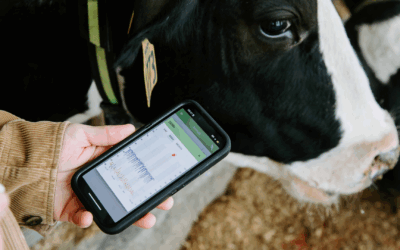A new artificial intelligence framework developed at Cornell can accurately predict the performance of battery electrolytes while revealing the chemical principles that govern them, providing engineers with a new tool for designing better batteries.
Cornell AI News
News Category
Filter by Topic
Wilkens receives Schmidt Sciences award for humanities research
A research group led by Matthew Wilkens, associate professor of information science in the Cornell Ann S. Bowers College of Computing and Information Science, is the recent recipient of a Schmidt Sciences award to leverage AI in the humanities to unlock new insights in human history and culture.
AI improves flood projections under climate change
Physics-based models should be supplemented with AI hydrological models rather than relying on site-specific estimates, researchers find.
Researchers tackle AI’s energy problem with a greener fix
As researchers are racing to find greener ways to power AI, a new study explores a promising solution: analog in-memory computing, utilizing analog chips.
Faculty win Bezos grants to use AI for environmental challenges
Cornell has won three of 15 major grants from the Bezos Earth Fund, awarded to leverage artificial intelligence in the fight against climate change and environmental challenges.
Bezos grant to fund AI innovations to monitor and protect wildlife
A $1.8 million grant from the Bezos Earth Fund will help the Cornell Lab of Ornithology develop acoustic sensors and artificial intelligence analytics to identify real-time threats to forests from illegal activities and provide insights into ecosystem health.
‘Bottling’ human intuition for AI-led materials discovery
A Cornell researcher and collaborators have developed a machine-learning model that encapsulates and quantifies the valuable intuition of human experts in the quest to discover new quantum materials.
Cornell awarded NSF grant to build AI-ready living lab for agriculture
Cornell University has been awarded a portion of a $2 million planning initiative from the U.S. National Science Foundation to establish AI4Ag, a national testbed for artificial intelligence in agriculture.








